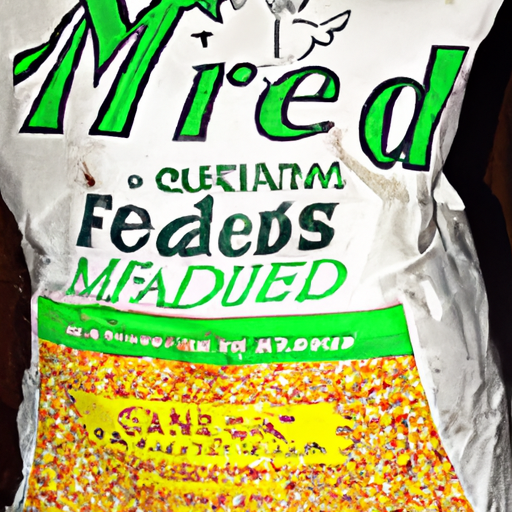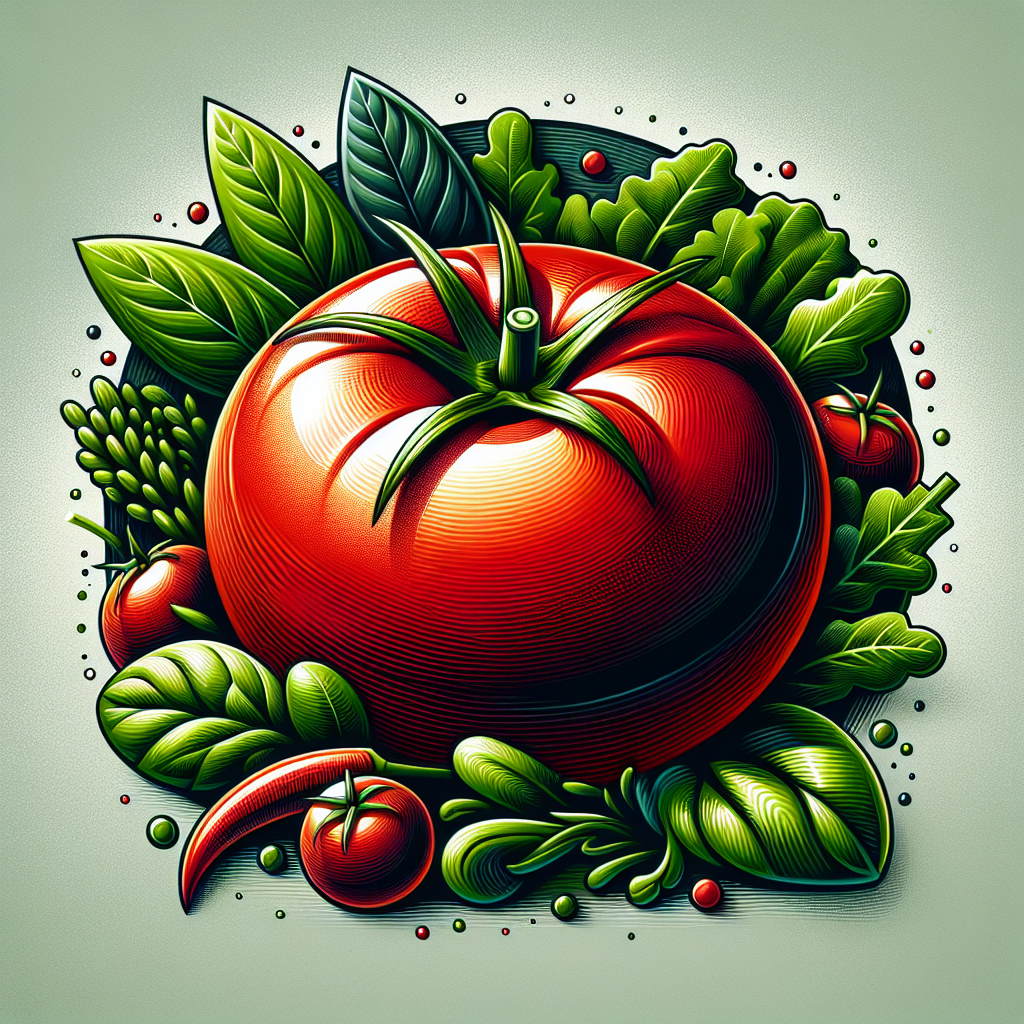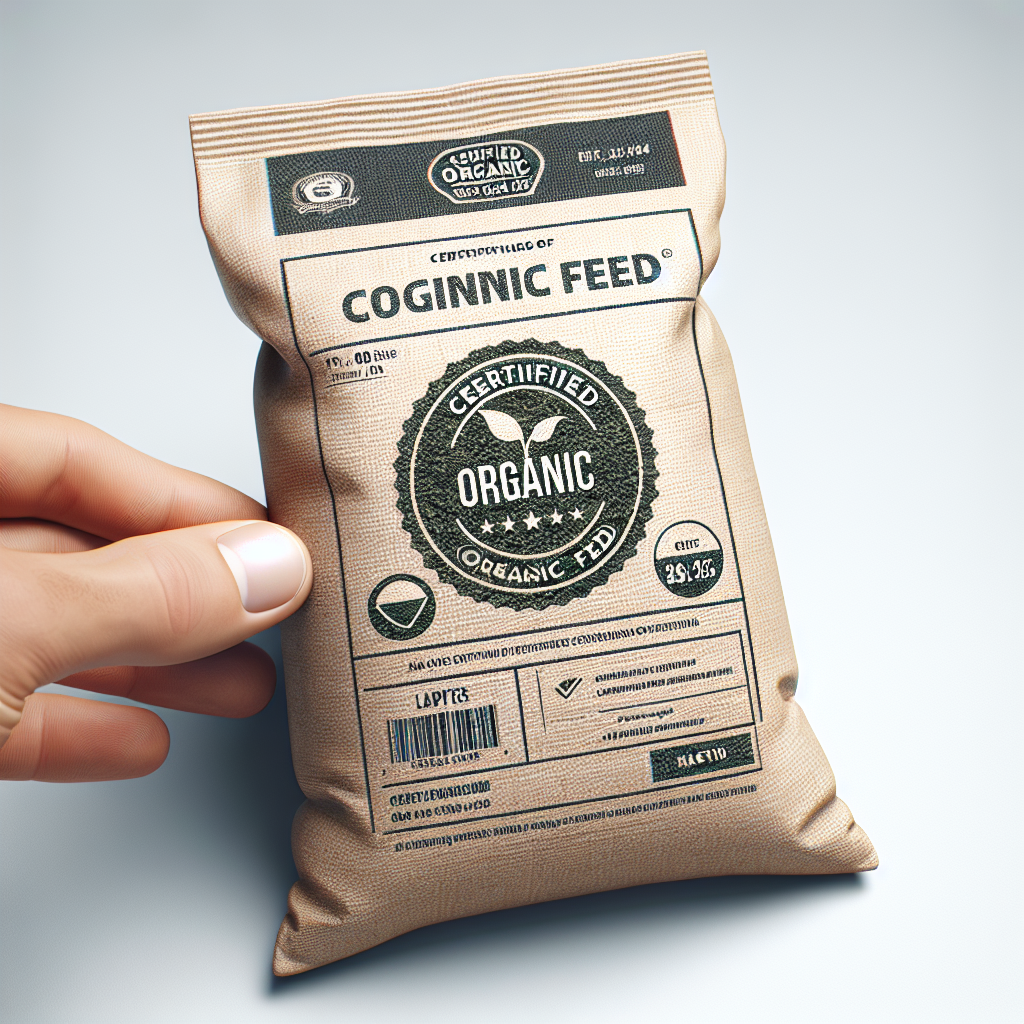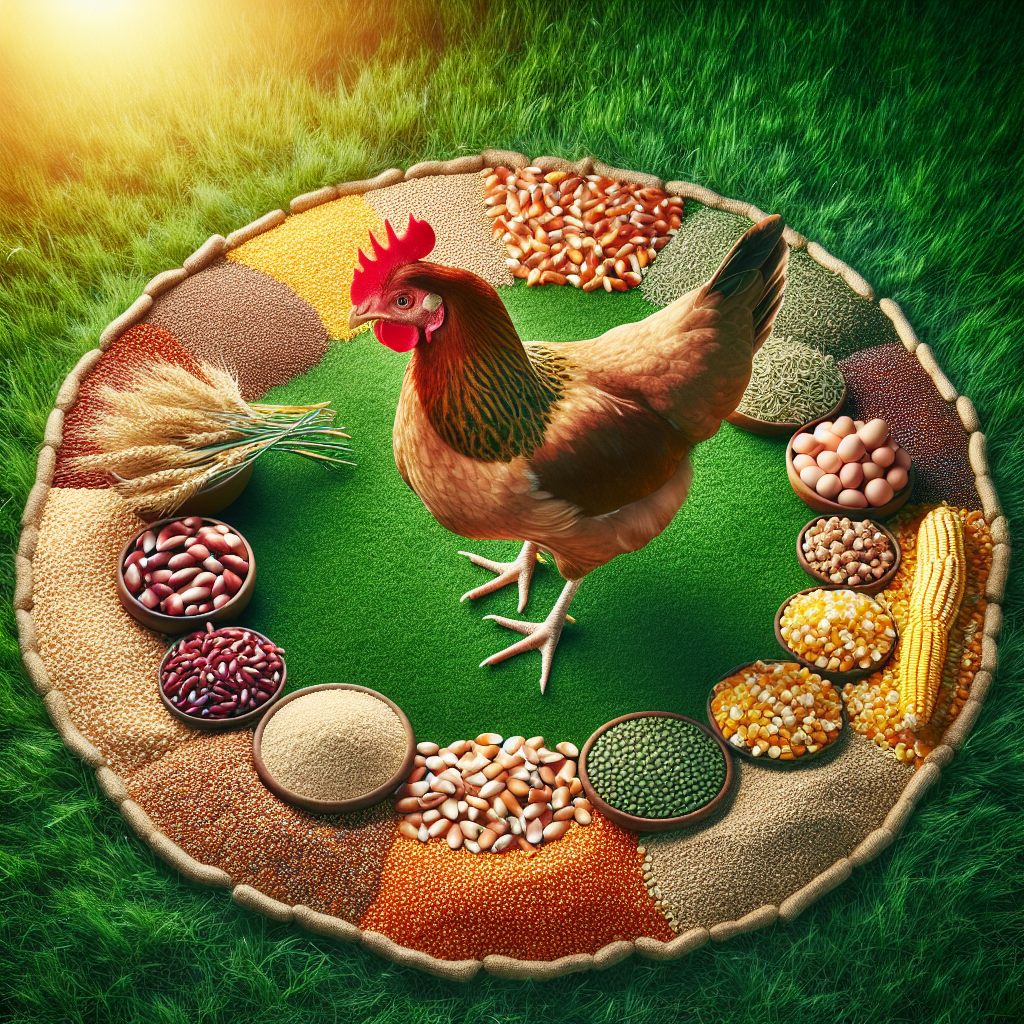Are you curious about the reasons why some chicken keepers choose non-organic feeds instead of organic options? While there is a growing trend towards organic farming practices and a preference for organic food, it is interesting to explore the motivations behind this alternative choice. This article will delve into the various factors that contribute to the preference for non-organic feeds among certain chicken keepers, offering insights into their perspectives and considerations.
Cost
Lower cost of non-organic feeds
One of the main reasons why some chicken keepers prefer non-organic feeds over organic options is the lower cost. Non-organic feeds tend to be more affordable compared to their organic counterparts. This is especially beneficial for chicken keepers who have large flocks or are on a tight budget. By opting for non-organic feeds, you can save money without compromising the nutrition and health of your chickens.
Budget constraints for chicken keepers
Budget constraints are a reality for many chicken keepers, especially those who are just starting out or have limited financial resources. Organic feeds often come with a higher price tag due to the more complex and expensive production processes involved. This can put a strain on the budgets of chicken keepers, making non-organic feeds a more cost-effective option.
Availability
Wider availability of non-organic feeds
Another factor that may lead chicken keepers to choose non-organic feeds over organic options is the wider availability of non-organic feeds. Non-organic feeds are typically more accessible and can be found in a variety of stores and suppliers. This convenience makes it easier for chicken keepers to find and purchase the necessary feeds for their flock without having to go through the hassle of searching for specific organic options.
Limited availability of organic options
On the other hand, organic feeds may be more challenging to find and purchase. They are often not as readily available as non-organic feeds, especially in rural areas or regions with limited organic agriculture infrastructure. For chicken keepers who prioritize organic practices, this limited availability can be frustrating and make it more convenient to opt for non-organic feeds instead.
Nutritional Requirements
Meeting chicken’s specific nutritional needs
The nutritional requirements of chickens are essential for their overall health and productivity. Non-organic feeds are designed to meet these specific nutritional needs, providing the necessary balance of proteins, carbohydrates, vitamins, and minerals. These feeds are carefully formulated to ensure optimal health and growth in chickens, making them a reliable choice for chicken keepers.
Non-organic feeds formulated for optimal health
Non-organic feeds are often fortified with various nutrients and additives to support the overall health of the chickens. These feeds may contain ingredients such as probiotics, prebiotics, and essential amino acids that contribute to the well-being of the flock. With non-organic feeds, chicken keepers can have peace of mind knowing that they are providing their chickens with a nutritionally balanced diet tailored to their specific needs.
Ease of Storage
Longer shelf life of non-organic feeds
Non-organic feeds generally have a longer shelf life compared to organic options. This means that once purchased, the feeds can be stored for a more extended period without the risk of spoilage or degradation. This longer shelf life is particularly advantageous for chicken keepers who have limited storage space or those who prefer to buy feeds in bulk, reducing the need for frequent feed purchases.
Reduced need for frequent feed purchases
By opting for non-organic feeds, chicken keepers can minimize the frequency of feed purchases. The longer shelf life of these feeds allows for buying in larger quantities, which can help reduce costs and the time spent on managing feed supplies. This convenience and cost-saving benefit make non-organic feeds a viable choice for chicken keepers who value efficiency and convenience.
Consistency
Uniform composition of non-organic feeds
Non-organic feeds are known for their consistency in composition. This means that each batch of feed is formulated to have the same nutritional profile, ensuring consistent and reliable results for the chickens. Chicken keepers can rely on non-organic feeds to provide the necessary nutrients consistently, regardless of the season or production batch.
Avoiding variations in organic feed quality
Organic feeds, on the other hand, may have more variations in quality due to the nature of organic agriculture practices. The availability of organic ingredients can vary, leading to potential differences in the nutritional composition of the feeds. For chicken keepers who prioritize consistency and predictability in their flock’s nutrition, non-organic feeds offer a more reliable option.
Additives and Supplements
Wide range of additives available in non-organic feeds
Non-organic feeds often contain a wide range of additives that can provide various benefits to the chickens. These additives may include probiotics, enzymes, and immune-boosting supplements. The availability of such additives allows chicken keepers to tailor their flock’s diet to address specific health concerns or boost overall performance.
Supplements providing additional health benefits
In addition to additives, non-organic feeds may also include supplements that provide added health benefits to the chickens. These supplements can enhance the immune system, promote healthy growth, and support optimal egg production. For chicken keepers who prioritize the health and productivity of their flock, the availability of these supplements can be a significant factor in their decision to choose non-organic feeds.
Controlled Production Processes
Strict quality control in non-organic feed production
Non-organic feed production often involves strict quality control measures to ensure the safety and consistency of the feeds. Production facilities follow regulations and standards to maintain the quality of the feeds, minimizing the risks of contamination and ensuring that the feeds meet the necessary nutritional standards. This level of control and oversight provides chicken keepers with confidence in the quality of the feeds they are providing to their flock.
Reduced risks of contamination
The controlled production processes of non-organic feeds help reduce the risks of contamination compared to organic options. Non-organic feeds are typically produced in facilities that implement rigorous sanitation measures and quality assurance protocols. This reduces the likelihood of harmful bacteria or toxins entering the feeds, ensuring the safety and well-being of the chickens.
Flexibility in Formulation
Ability to customize non-organic feed composition
Non-organic feeds offer the advantage of flexibility in formulation. Chicken keepers have the option to customize the composition of the feeds to meet their flock’s specific dietary requirements. This flexibility allows for tailoring the feeds to address any nutritional deficiencies or specific health needs of the chickens, ensuring that they receive a well-rounded and balanced diet.
Meeting specific dietary requirements
Chickens may have specific dietary requirements depending on their age, breed, or existing health conditions. Non-organic feeds can be adjusted to meet these specific dietary needs, providing the chickens with the necessary nutrients for optimal growth and development. This ability to cater to individual dietary requirements makes non-organic feeds an attractive option for chicken keepers who prioritize personalized nutrition for their flock.
Integrated Pest Management
Non-organic feeds may contain insecticides
One aspect that might lead chicken keepers to choose non-organic feeds over organic options is the potential inclusion of insecticides in non-organic feeds. While this may raise concerns for some chicken keepers, it can be advantageous in terms of pest and parasite control. In regions where poultry pests and parasites pose a significant threat, the inclusion of insecticides in non-organic feeds can help reduce these burdens on the flock.
Reducing pest and parasite burdens on chickens
The presence of insecticides in non-organic feeds can aid in integrated pest management strategies, minimizing the impact of pests and parasites on the chickens’ health and well-being. By utilizing non-organic feeds with integrated pest management, chicken keepers can help protect their flock from common chicken pests such as mites, lice, and flies.
Environmental Impact
Reduced environmental footprint of non-organic feed production
Non-organic feed production often has a reduced environmental footprint compared to organic feed production. The use of conventional farming practices and fewer restrictions on the sourcing of ingredients can result in more efficient production processes and reduced environmental impact. This aspect may appeal to chicken keepers who are conscious of their ecological footprint and sustainability concerns.
Sustainability concerns with organic feed production
Organic feed production can come with sustainability concerns, mainly due to the stricter regulations and requirements for organic agriculture. The restricted use of synthetic pesticides, genetically modified organisms (GMOs), and intensive land management practices can limit the efficiency and scalability of organic feed production. For chicken keepers who prioritize sustainability, non-organic feeds may be a more viable option.
In conclusion, there are several reasons why some chicken keepers might prefer non-organic feeds over organic options. The lower cost, wider availability, meeting nutritional requirements, ease of storage, consistency, additives and supplements, controlled production processes, flexibility in formulation, integrated pest management, and reduced environmental impact are all factors that can influence this preference. Ultimately, the choice between non-organic and organic feeds depends on the individual chicken keeper’s priorities, budget, and specific needs of their flock.




